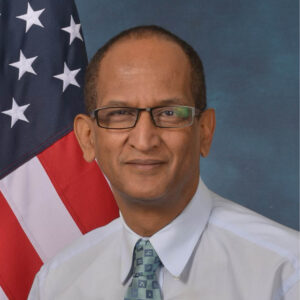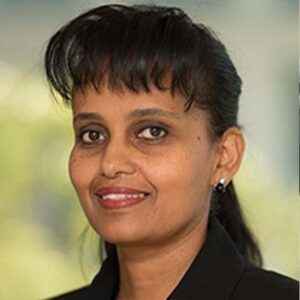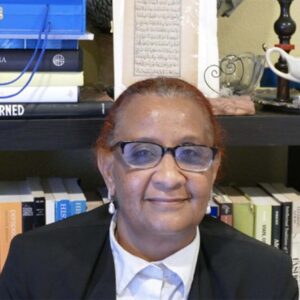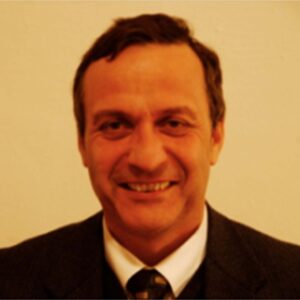Research and Service.
About the Consortium
The Consortium is a dynamic network that strengthens medical education, research, and healthcare across Africa. By fostering collaboration, it trains skilled healthcare professionals to address the continent’s unique health challenges. Through curriculum development, faculty exchanges, global partnerships, and research, the Consortium enhances healthcare standards and advocates for policy improvements.
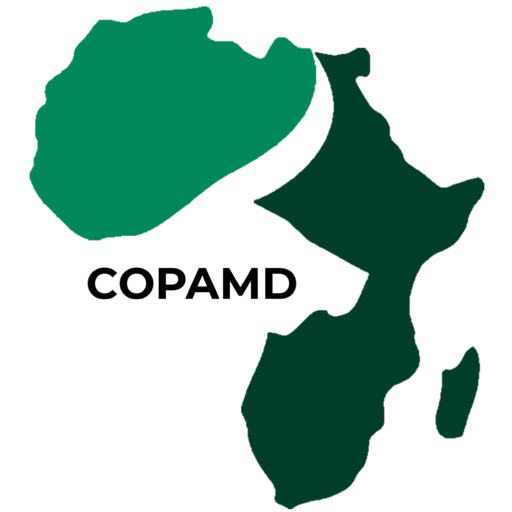
OUR VISION
To be an effective catalyst for the education and training of sufficient numbers of health care professionals in the region.
To educate and train competent, locally appropriate, physicians who will improve the Health of Africa.
OUR MISSION
African Diasporas for strengthening Health Care, Education, and Research in Africa
African Medical Diaspora Networks
The Motto of the Consortium for the purposes of branding and self-identity shall be
“Working Together for Medical Education, Research and Service”
African Medical Diaspora Articles & Research
The African Medical Diaspora Articles & Research section of the Consortium of Pan-African Medical Diasporas (COPAMD) serves as a hub for scholarly articles, research findings, and thought leadership from medical professionals across the African diaspora. Our mission is to advance healthcare knowledge, foster collaboration, and bridge the gap between global expertise and local impact. Explore cutting-edge research and contributions shaping the future of healthcare in Africa and beyond.
Consortium Membership
The Consortium of Pan African Medical Diasporas welcomes individuals, consortia, foundations, and associations within the African diaspora focused on healthcare in the USA.
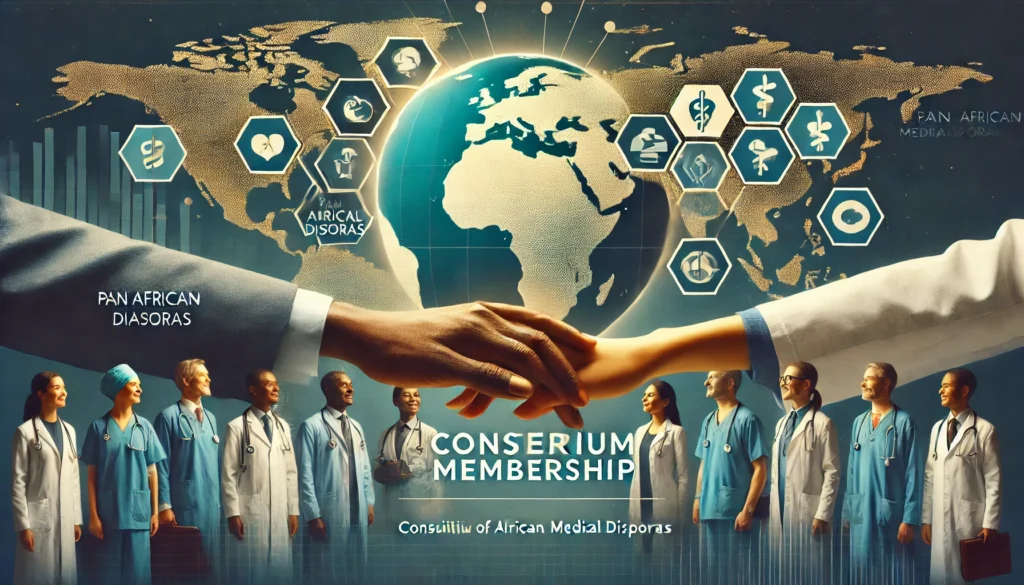
Membership organizations that meet the following criteria:
> Have African continent or African country included in their mission.
> Have at least one active projects in their respective country of origin
> Must work in health across education, research, and service in their country of origin.
> Have at least one long-term partnership with community, government, or non-governmental institutions in their respective country of origin.
Membership organizations that meet the following criteria:
> Have at least one active projects in an African country
> Must work in health across education, research, and service in an African country
> Have at least one long-term partnership with community, government, or non-governmental institutions in their respective country of origin
Long term partnerships are not required for membership but are encouraged.
Those who do not meet criteria or fit any membership category description may write a letter requesting membership to the Membership Committee of the Board. Exceptions will be made on a case-by-case basis.
Membership in the Consortium of Pan African Medical Diasporas becomes effective upon submission of the Consortium Membership Application and payment of the initial dues assessment.
Consortium members are required to pay annual dues. The Board of Directors may review and consider requests for a partial or full waiver of dues on a case-by-case basis.
All members of the Consortium shall be entitled to the following:
A. The right to equity.
B. The right to information.
C. The right to be heard in the Consortium meetings.
D. The right to participate in the Consortium’s activities.
E. All voting members of the Consortium shall exercise the right to vote in all Consortium meetings.
a. Any member wishing to resign from the Consortium must submit a written resignation to the Consortium Secretariat.
b. The Executive Committee reserves the right to terminate membership if an individual or organization engages in activities that violate the Consortium’s constitution.
Membership organizations that meet the following criteria:
- Have African continent or African country included in their mission.
- Have at least one active projects in their respective country of origin
- Must work in health across education, research, and service in their country of origin.
- Have at least one long-term partnership with community, government, or non-governmental institutions in their respective country of origin.
Membership organizations that meet the following criteria:
- Have at least one active projects in an African country
- Must work in health across education, research, and service in an African country
- Have at least one long-term partnership with community, government, or non-governmental institutions in their respective country of origin
- Long term partnerships are not required for membership but are encouraged.
- Those who do not meet criteria or fit any membership category description may write a letter requesting membership to the Membership Committee of the Board. Exceptions will be made on a case-by-case basis.
Membership in the Consortium of Pan African Medical Diasporas becomes effective upon submission of the Consortium Membership Application and payment of the initial dues assessment.
Consortium members are required to pay annual dues. The Board of Directors may review and consider requests for a partial or full waiver of dues on a case-by-case basis.
All members of the Consortium shall be entitled to the following:
- The right to equity.
- The right to information.
- The right to be heard in the Consortium meetings.
- The right to participate in the Consortium’s activities.
- All voting members of the Consortium shall exercise the right to vote in all Consortium meetings.
Associate members shall not sit on the executive committee.
- Any member wishing to resign from the Consortium must tender his/her resignation in writing to the secretariat of the association.
- The Executive Committee reserves the right to terminate membership of an individual organization for engaging in activities that are deemed to be against the constitution of the consortium.


















